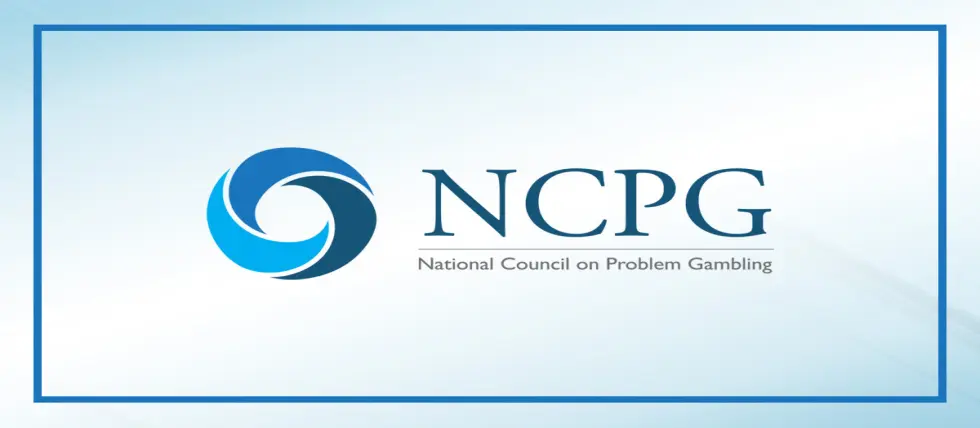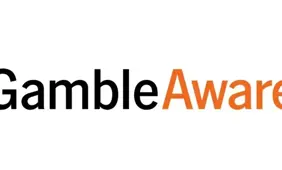National Council on Problem Gambling Unhappy with States' Response to Responsible Gambling
The National Council on Problem Gambling (NCPG) has expressed dissatisfaction with the response of many US states to responsible gambling practices. This concern comes on the heels of a report that evaluates how well the regulated online sports betting markets across the US align with the NCPG's standards for responsible gambling.

The report, titled The US States' Online Sports Betting Regulations: An Evaluation Against National Council on Problem Gambling Standards," provides a comprehensive analysis of 30 regulated markets, including the District of Columbia, and examines the adherence of these markets to established laws and regulatory frameworks. The NCPG's findings suggest that while some states have made commendable progress in implementing responsible gambling measures, there is a clear need for improvement across much of the country.
Related: New American Gaming Association Data Shows RG Focus Improving in the USPrepared by Vixio Regulatory Intelligence, the report sheds light on the varying levels of compliance among states with respect to responsible gambling standards. It uses the Internet Responsible Gambling Standards (IRGS) benchmarks, which comprise 82 specific criteria. These benchmarks cover areas such as staff training, player protections, self-exclusion mechanisms, and informed decision-making tools for players. The report found significant disparities between states in how thoroughly they apply these guidelines.
Connecticut, New Jersey, and Virginia emerged as the leading states in responsible gambling practices, with each meeting 49 of the 82 IRGS benchmarks. These three states have been regulated markets for over three years and have implemented robust regulatory frameworks that emphasize important aspects such as annual staff training on identifying problem gambling behaviors.
Their regulations also stand out due to stringent age verification processes and restrictions on marketing, ensuring that sports betting advertisements are only directed at adult audiences. These measures place them at the forefront of responsible gambling efforts in the US online sports betting industry.
More Responsible Gambling News
Many States Need Improvement
Nine states fell into a middle tier, meeting between 25 and 39 of the IRGS benchmarks. This group included Arizona, Illinois, Indiana, Maine, Maryland, Michigan, Ohio, Oregon and Vermont. While these states have made progress in areas like self-exclusion programs and budget management tools for players, they have not yet fully integrated key components such as staff training or dedicated customer support for problem gambling. The absence of these features indicates that there is room for improvement in these states' efforts to prioritize player welfare and mitigate the risks associated with problem gambling.
The report also highlighted 11 states that did not meet even 25 of the IRGS benchmarks. These states are Arkansas, Delaware, Florida, Iowa, Kansas, Kentucky, New Hampshire, Nevada, Rhode Island, West Virginia and Wyoming.
In these markets, several critical areas of responsible gambling, such as governance practices and staff training protocols, remain unaddressed. In particular, most of these states, with the exception of Nevada, have struggled to implement tools that help players make informed decisions about their gambling habits. The lack of player education and limited adoption of responsible gambling tools are among the key areas of concern.
Nevada, one of the oldest and most established gambling markets in the country, was noted in the report for falling short in several key areas of responsible gambling, despite its long history of regulation. While Nevada has well-developed gambling regulations in general, the state has not fully embraced certain responsible gambling tools, which other states are implementing more effectively. This includes better support for players in making informed choices and more extensive adoption of self-exclusion programs.
RELATED TOPICS: Responsible Gambling
Most Read
Must Read
 Interviews
Interviews
Sweepstakes Casinos: Thriving in an Ever-Changing Industry – Interview with Attorney Stephen C. Piepgrass
Feb 17, 2025 Interviews
Interviews








Review this New Post
Leave a Comment
User Comments
Comments for National Council on Problem Gambling Unhappy with States' Response to Responsible Gambling